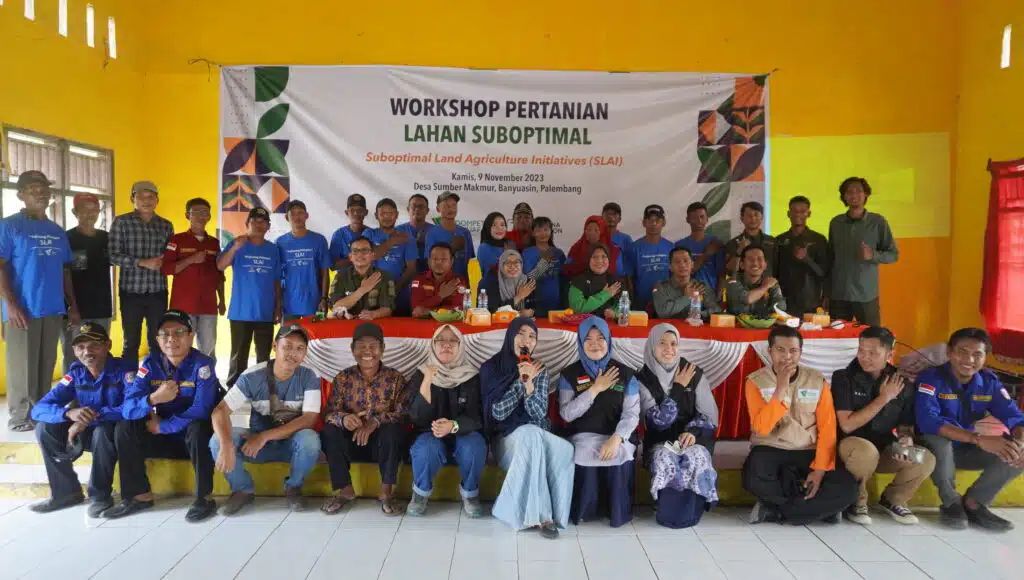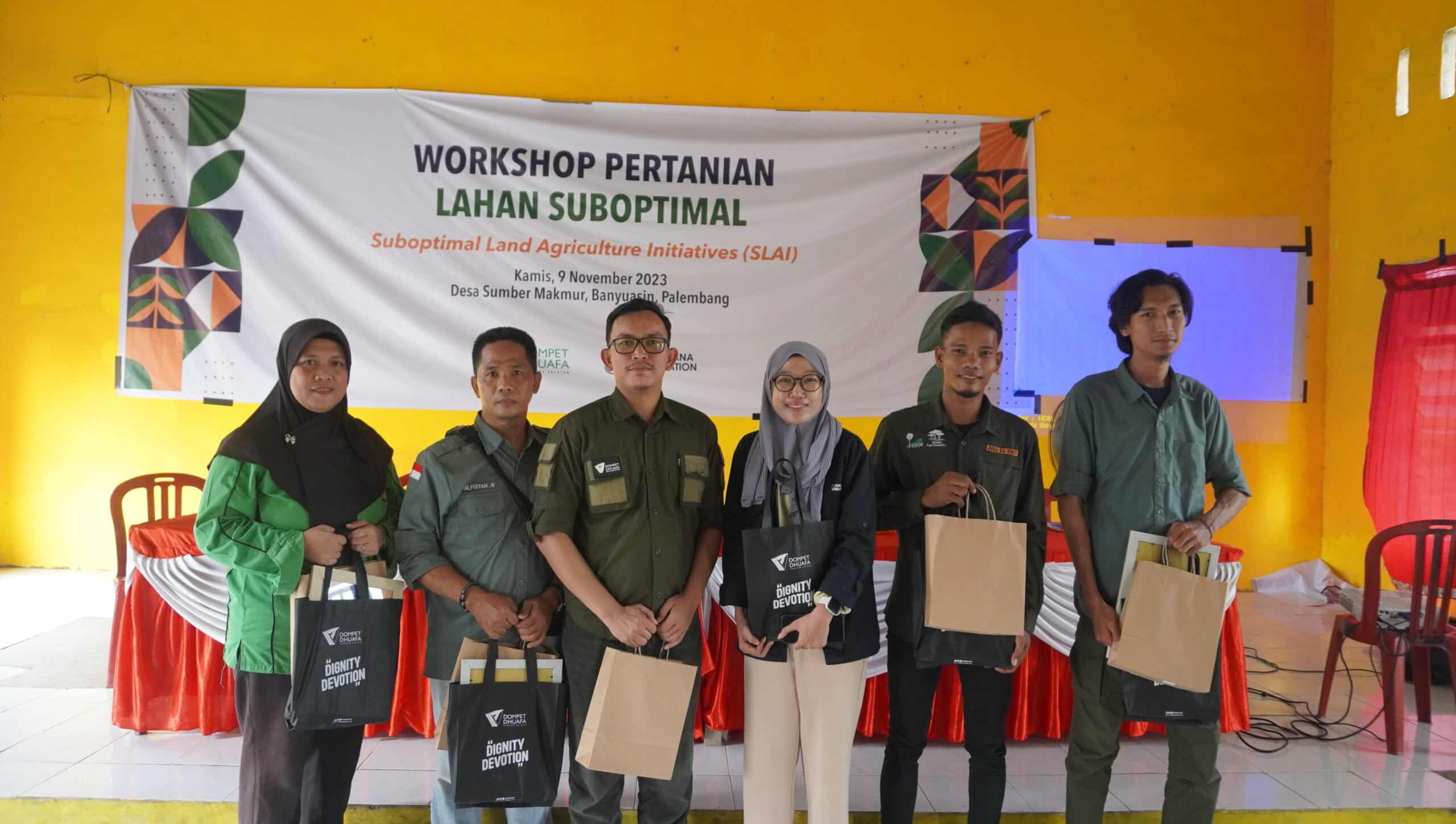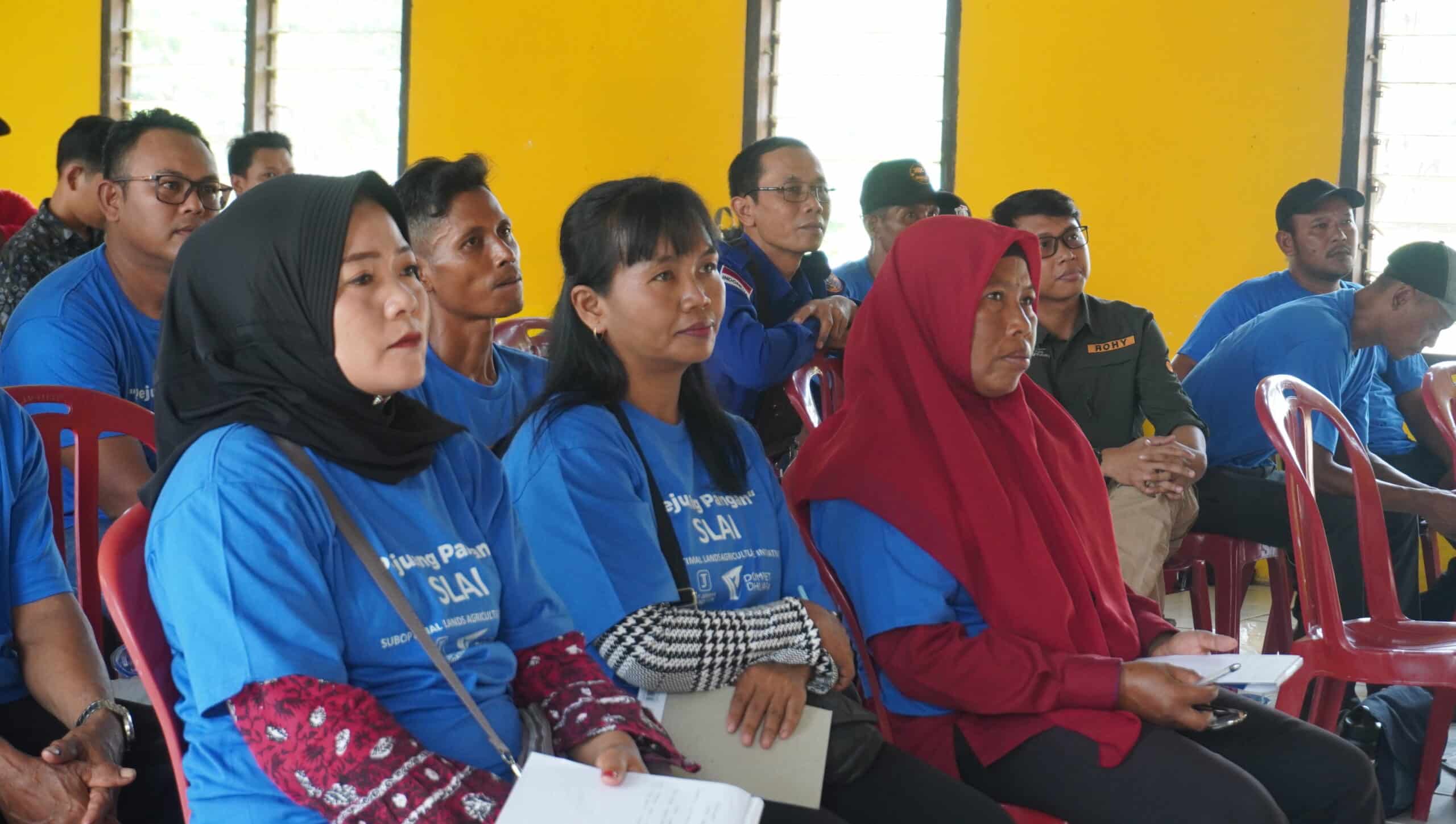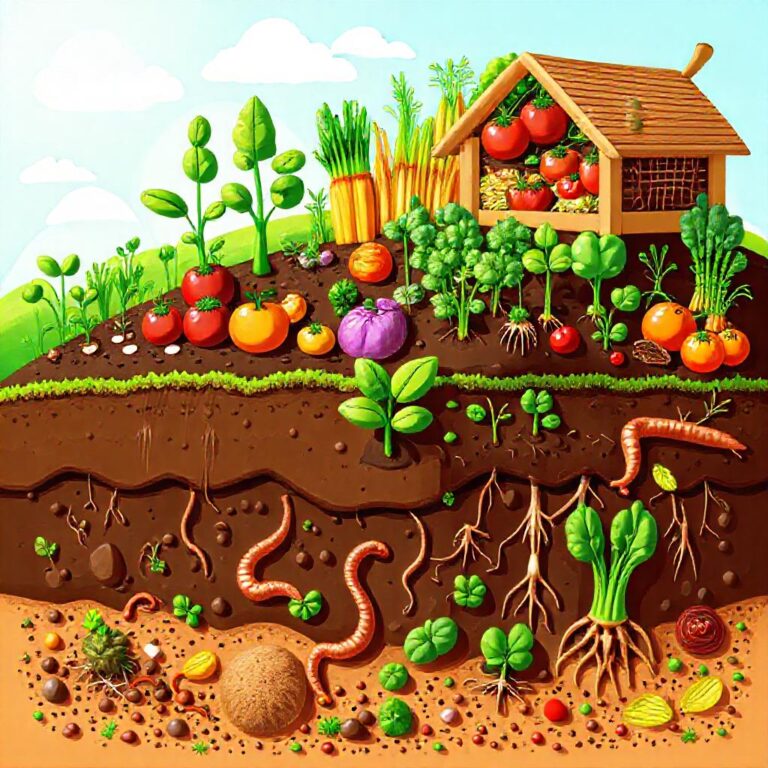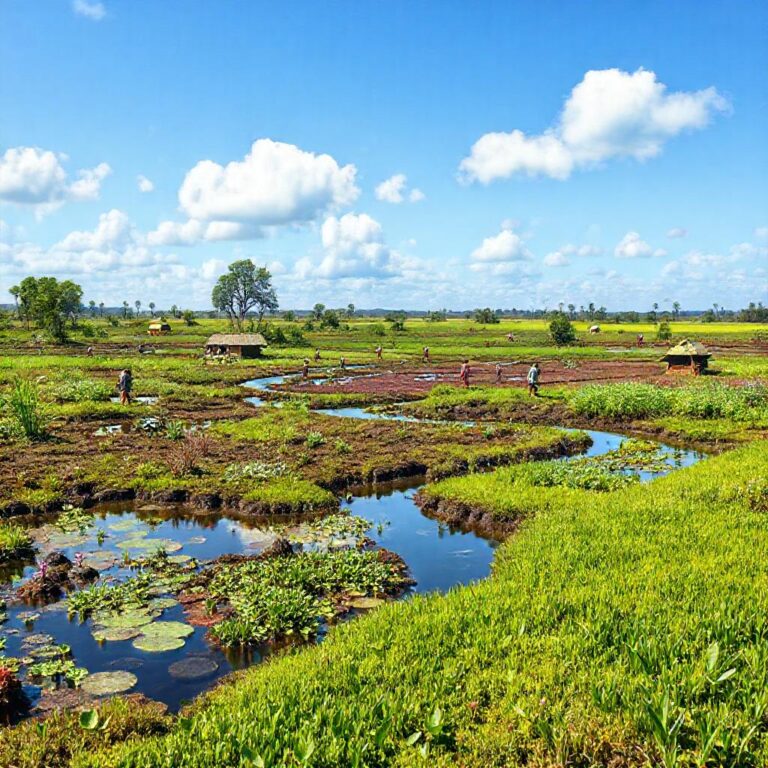Jakarta, November 13, 2023 – The Tay Juhana Foundation (TJF) and Dompet Dhuafa successfully organized an agriculture workshop in Sumber Makmur Village, Banyuasin Regency, South Sumatra, on November 9, 2023. The workshop had 30 farmers who actively participated, helping to improve their knowledge and skills in dealing with challenges in suboptimal lands.
In this collaborative event, TJF introduced the Suboptimal Lands Agriculture Initiatives (SLAI), a program to support research and farming implementation in suboptimal lands across Indonesia. Facing an increasing population, the demand for food is predicted to rise, while agricultural land is diminishing due to functional conversion into non-agricultural areas.
TJF found the management of suboptimal lands as a key solution to support food production, especially in regions dominated by wet and dry lands, such as Riau, South Sumatra, and NTT. Since 2018, TJF has focused on research in peat plantations in Indragiri Hilir, Riau. The SLAI program aims to serve as a platform to gather successful examples of farming in various regions in Indonesia, including those classified as suboptimal lands.
The workshop in Sumber Makmur Village marks the initial step in implementing the SLAI program, providing direct insights into cultivation techniques, pest management, and the potential sustainability of farming in suboptimal lands. The farmers’ active participation through questions and discussions during the workshop reflects the program’s positive impact on improving their knowledge and skills.
Moreover, the province of Palembang is known for its suboptimal lands, including tidal swamps and extensive peatlands in several regions, one of which is the Banyuasin Regency, capable of being the largest rice granary in Sumatra.
Several speakers from various institutions made significant contributions. Mr. Alfisyah B.SP, M.Si, Head of the Department of Licensing for Food Crops and Horticulture, Banyuasin Regency Department of Food Crops and Horticulture, emphasized that suboptimal lands, such as tidal swamps, can become effective food granaries with the right practices. Ms. Marlin Sefrila, SP, M.Si, a lecturer at the Faculty of Agriculture, Sriwijaya University, highlighted the importance of water-saturation cultivation techniques for managing agriculture in tidal swamp lands. Junaidi Hutasuhut, SP, Peat Livelihood Facilitator from the International Centre for Research in Agroforestry (ICRAF), encouraged farmers to share their experiences overcoming agricultural challenges in suboptimal lands.
In a statement, the Program Manager of TJF stated, “Suboptimal lands can be a solution for future food security. Through this workshop, we hope to serve as an educational platform and bridge for farmers and stakeholders to share knowledge in managing agriculture in suboptimal lands.”
TJF remains committed to contributing to national food security and supporting positive transformation in the agricultural sector in Indonesia. The SLAI program is a strategic step in addressing the increasingly vulnerable global food security challenges due to various disruptions.
Watch the video recap of this event here.


